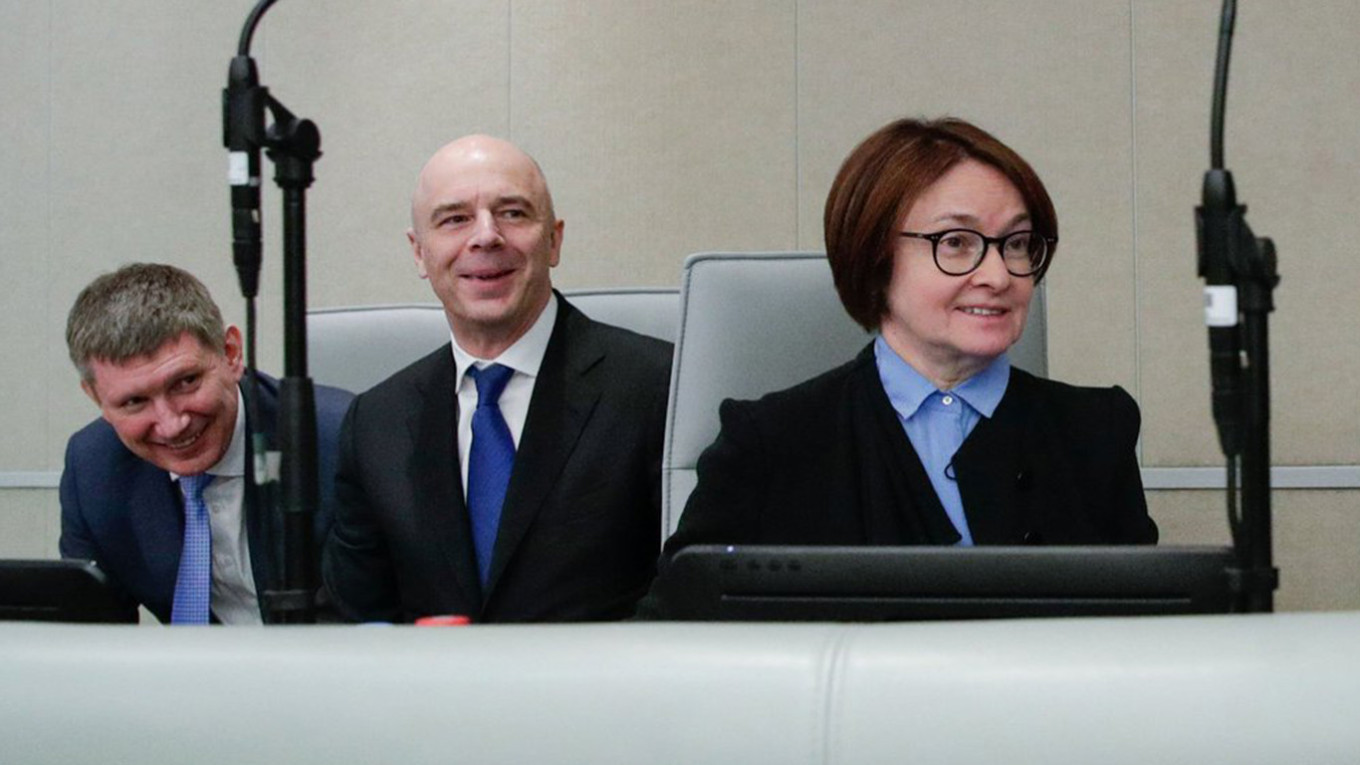Russian officials are preparing for a persistent decline in oil prices, as the Economic Development Ministry has notably lowered its forecast for the average price of Urals crude oil for 2025 to $56 per barrel.
This forecast represents the lowest expected price since 2020, during which the Covid-19 pandemic caused a drastic drop in global demand, resulting in an annual average price of $41.70 per barrel for Urals. Prior to 2020, prices fell below $56 only in 2015 and 2016, averaging $51.20 and $41.90, respectively.
The revised forecast is significantly below the $69.70 per barrel projection included in Russia’s federal budget and even beneath the threshold price of $60.
According to Russia’s fiscal regulations, any oil and gas revenues that exceed this threshold contribute to the National Wealth Fund (NWF), while revenues falling short must be compensated by withdrawals from the fund. As of April 1, the NWF had 3.27 trillion rubles ($39.8 billion) in liquid assets.
The downturn in oil prices coincides with a global economic slowdown and heightened recession fears, partly fueled by a trade conflict initiated by the U.S. Recently, Brent crude prices fell below $60 per barrel, and Urals dipped below $50. In the first quarter of 2025, federal budget revenues from oil and gas experienced a 10% year-over-year decrease, with a significant 17% drop occurring in March alone.
Each $1 fall in oil prices results in an approximate annual revenue loss of 160 billion rubles ($1.9 billion) for the Russian budget, as stated by investment banker Yevgeny Kogan.
Raiffeisenbank analysts predict that if the average price of oil settles at $55 for the year, the corresponding deficit—managed through foreign currency sales from the NWF—could reach 900 billion rubles ($10.9 billion).
A $10 price decline in Russian crude, from $65 to $55 per barrel, may reduce GDP growth by at least 0.5 percentage points and lead to a budget revenue loss of around 1 trillion rubles ($12.2 billion), according to T-Investments chief economist Sofia Donets.
The Economic Development Ministry has also updated its exchange rate projections in light of the ruble’s unexpected strength since January, now estimating the average annual exchange rate against the U.S. dollar at 94.3, down from a previous forecast of 96.5. By the end of the year, the exchange rate is anticipated to reach 98.7.
Since oil and gas taxes are set in dollars, a stronger ruble reduces their value when converted to rubles, exerting additional pressure on the federal budget.
Given these circumstances, analysts at the Tverdye Tsifry think tank suggest that the budget deficit in 2025 may surpass the Finance Ministry’s forecasts by 2 to 2.5 trillion rubles ($24.3 billion-$30.4 billion) due to reduced oil and gas revenues.
Some of this revenue shortfall could be compensated by alternative income streams. The Economic Development Ministry has raised its inflation estimate from 4.5% to 7.6%, while maintaining its economic growth outlook at 2.5% for the year. A higher nominal GDP could support non-oil revenues, according to analysts from Tverdye Tsifry.
Officials cite a relatively strong beginning to the year as a reason for holding onto their GDP growth expectations.
“We believe this estimate is quite realistic,” the ministry stated via Interfax. “While the economy is gradually cooling, we do not foresee a drastic downturn. For growth to hit 1.5% for the entirety of 2025, a technical recession would need to occur in one quarter, which we are not including in our baseline scenario.”
Extra non-oil revenues are expected to be utilized, as Russia’s budget regulations permit the Finance Ministry to allocate such funds for spending.
Alexander Isakov, an economist with Bloomberg Economics, predicts that the government will likely raise its spending plan by 1 to 1.2 trillion rubles ($12.2 billion-$14.6 billion), driven by increased debt repayment costs and higher-than-anticipated non-oil revenues.
However, Donets cautions that the loss in oil revenue is particularly impactful given the significant withdrawal from the NWF and constraints on defense expenditures.
This year’s budget anticipates a deficit of 1.2 trillion rubles ($14.6 billion), or 0.5% of GDP.
Deputy Finance Minister Vladimir Kolychev mentioned that if oil prices remain around $60, the deficit will be “somewhat larger,” though it is unlikely to exceed 1% of GDP, approximately 2 trillion rubles ($24.3 billion). Nonetheless, within the first three months of the year, the federal deficit had already reached 2.2 trillion rubles ($26.8 billion).
Looking ahead, the Economic Development Ministry expects only a modest recovery in oil prices, predicting that Urals will average $61 per barrel in 2026, rising to $63 in 2027 and $65 in 2028.

